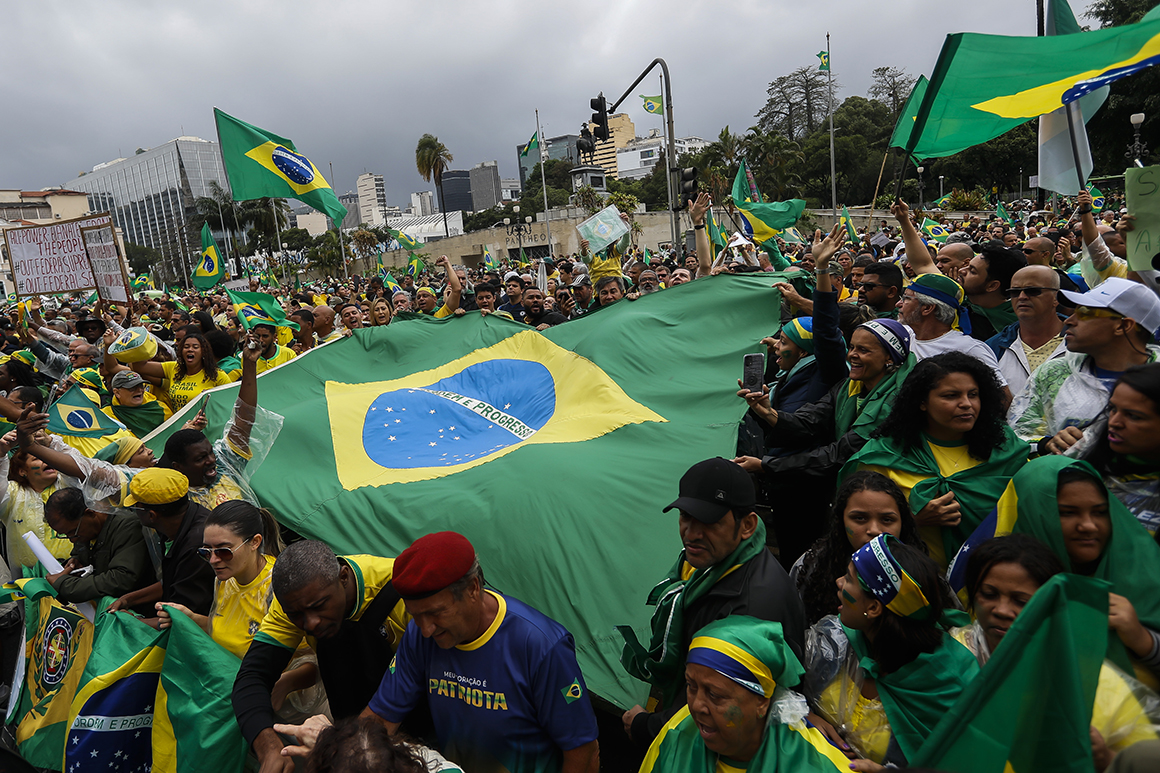Photo Credit: Politico
Environmentalists breathe a sigh of relief for the conservation of the Amazon
Tony Xun, Contributor
On October 30th, Luiz Inácio Lula da Silva won Brazil’s presidential race against Jair Bolsonaro in a closely fought runoff election. Jair Bolsonaro, Lula’s opponent, has been Brazil’s president since 2019.
In a fierce contest, Bolsonaro’s right-wing Liberal Party garnered 49.1% of the vote, against 50.9% for Lula’s Workers’ Party. When recognizing Lula’s victory, other heads of state have called for Lula’s leadership in tackling climate change and environmental issues — where Brazil is uniquely situated to protect its vast Amazon rainforest from deforestation.
From Lula to Bolsonaro and Back Again
Lula’s ascendancy to Brazil’s presidency is a return of a veteran presence to the political landscape. After losing elections in 1989, 1994, and 1998, Lula was first elected as Brazil’s president in 2003. During his administration, Brazil’s economy boomed, and Lula is credited to have raised millions of Brazilians out of poverty through his “Bolsa Familia” welfare program. When he left office in 2011, Lula had a 90% approval rating Luiz Inácio Lula da Silva — more than double Prime Minister Trudeau’s current approval rating of 40%.
After he left office, Lula’s Workers’ Party, led by his successor, Dilma Rousseff, became plagued by corruption scandals. Rousseff was impeached in 2016, and Lula was convicted and imprisoned on money laundering charges. However, after serving less than two years of his sentence, Lula’s conviction was annulled by Brazil’s Supreme Court, allowing him to run for the presidency again.
While Lula was in prison, the rising star Bolsonaro was overtaking Brazil’s political scene. Known for his distinct brand of fiery, right-wing populism, Bolsonaro has often been compared to former U.S. President Donald Trump. During his term, Bolsonaro presided over an expanded rate of deforestation in the Amazon and has been roundly criticized for downplaying the severity of the COVID-19 pandemic and his incompetence in addressing it.
During the campaign, Bolsonaro presented himself as an anti-establishment truth-teller fighting for overregulated rural farmers. Lula, on the other hand, positioned himself as a champion for Brazil’s poor, pledging to end hunger and protect the Amazon.
Brazil’s Future
During the campaign, many worried that Bolsonaro might refuse to accept a Lula victory, fearing that he might retaliate with denialism and military force. Despite an initial denial of the defeat, the transition to the new administration has finally begun.
Environmental groups are optimistic that Lula will drastically cut deforestation by enforcing Brazil’s Forest Code, a legislation requiring landowners to preserve a certain proportion of forest on their property and restore illegally deforested land. One report projected that full implementation of the Forest Code could see reductions in Amazon deforestation of 89 percent.
Closely connected to the fate of the Amazon, Brazil’s indigenous peoples will be looking at Lula for a better future. Lula has vowed to end illegal mining and protect indigenous land claims, areas where indigenous groups have felt ignored under Bolsonaro.
Other promises on Lula’s agenda include building affordable housing and major infrastructure projects, an increase in the minimum wage, and improvements to the Bolsa Familia welfare program. Given the existing extent of the Amazon’s destruction and relatively unfavorable economic conditions, it remains unclear how many of Lula’s policy priorities will be actualized.




